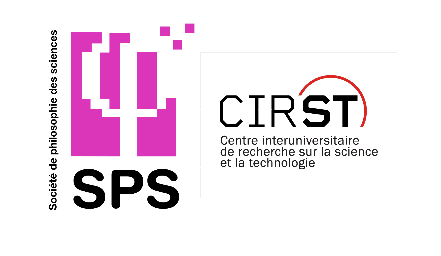Strategies of research and methodological pluralism: the significance of theories and the role of social values in the objectives of science
1 : Universidade de São Paulo
The point of departure of my analysis of the scientific activity is an articulation between Hugh Lacey's model based on strategies and Larry Laudan's reticulated model. The aim is to investigate to what extent non-cognitive values can contribute to the objectives of science. The role of cognitive and non-cognitive values in science has many dimensions that must be analysed. The evaluation of direct and indirect risks of certain applications, whether they are material or social, is an occasion in which social and ethical values may contribute to conduct further empirical investigations. The reason for such is that applications of theories in humans' practical lives should involve the adoption of the precautionary principle, considering the delay of certain implementations based on its legitimacy – and not only on its efficacy. Furthermore, the idea of a development or progress of science that enables an equitative distribution of its cognitive products and, consequently, that manifests the applied neutrality (in Lacey's sense) in a higher degree seems to be possible only under a plurality of strategies of research. The methodological pluralism, suggested by Lacey but also by others authors like Helen Longino and Sandra Mitchell, is possible only if science is autonomous, in the sense that its methodological decisions should not favour any particular perspective of social values. Finally, social values are important in a debate over the legitimacy of science's theoretical products, since the eficacy of those products do not always constitute the best alternative in certain contexts.


